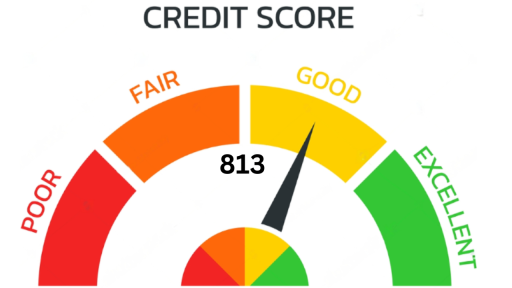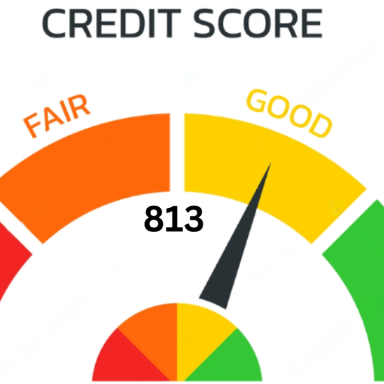
o FICO CREDIT SCORE AUTHOR By The Scientist
Credits FICO score should be only used to determine if the person is paying their bills.
It makes no sense for the creditors to increase the risk to the borrowers who they said have low FICO scores.
I see FICO score is a means of charging the poor more money and when you do the math you will see who is likely to have a higher FICO score.
For example, single parents working paycheck to paycheck needs a car to go to work and because of a low FICO score the banks will charge the parent more money than a wealthy person who is making $10,000 a month or more for the same exact loan.
This makes no sense that the banks would increase the risk to the borrower which makes this predatory lending.
The Misuse of FICO Scores: A Call for Reform
The FICO score, originally designed as a tool to assess an individual's creditworthiness, should be used solely to determine if a person is paying their bills. However, its application has expanded beyond this purpose, leading to unjust practices in the lending industry. This article argues that using FICO scores to charge higher interest rates to borrowers with low scores is both irrational and predatory, disproportionately affecting those with lower incomes.
The Original Intent of FICO Scores
FICO scores were created to provide a standardized measure of a person's credit risk based on their credit history. By examining factors such as payment history, outstanding debts, and the length of credit history, the score offers lenders a snapshot of a borrower's reliability in repaying debts. Ideally, this information should help lenders make informed decisions about extending credit.
The Flawed Logic of Risk-Based Pricing
Despite the original intent, creditors often use FICO scores to justify higher interest rates for borrowers deemed higher risk. This practice is flawed for several reasons:
Increased Burden on the Vulnerable: Borrowers with low FICO scores are often charged significantly higher interest rates, which places an undue financial burden on those who are already struggling. For example, a single parent living paycheck to paycheck might need a car to commute to work. Due to a low FICO score, they may face exorbitant interest rates, making the loan more expensive and harder to repay. Meanwhile, a wealthy individual earning $10,000 a month or more can secure the same loan at a much lower interest rate.
Disproportionate Impact on Lower-Income Individuals: The system effectively penalizes the poor while rewarding the wealthy. Higher-income individuals are more likely to have higher FICO scores due to their financial stability and access to resources. This creates a cycle where the poor pay more for credit, further entrenching economic inequality.
Predatory Lending Practices: By charging higher interest rates to those with lower FICO scores, lenders are engaging in what can be seen as predatory lending. This practice takes advantage of individuals who have fewer financial options and are often in desperate need of credit. The high costs associated with these loans can lead to a cycle of debt that is difficult to escape.
A Call for Reform
To address these issues, the use of FICO scores in lending practices needs to be reevaluated. Here are some steps that can be taken:
Limit the Use of FICO Scores: FICO scores should be used solely to determine if a person is paying their bills, not to set interest rates. This would prevent lenders from using the score as a tool to charge higher rates to vulnerable borrowers.
Implement Fair Lending Practices: Lenders should adopt more equitable practices that do not disproportionately impact lower-income individuals. Interest rates should be based on the ability to repay the loan, rather than a numerical score that may not fully capture an individual's financial situation.
Increase Transparency and Education: Borrowers should be educated about how FICO scores are used and how they can improve their scores. Greater transparency in the lending process can help borrowers make informed decisions and avoid predatory loans.
Conclusion
The misuse of FICO scores to justify higher interest rates for low-income borrowers is both unjust and illogical. This practice perpetuates economic inequality and places an undue burden on those who can least afford it. By reevaluating the use of FICO scores and implementing fairer lending practices, we can create a more equitable financial system that serves all individuals, regardless of their income level.










